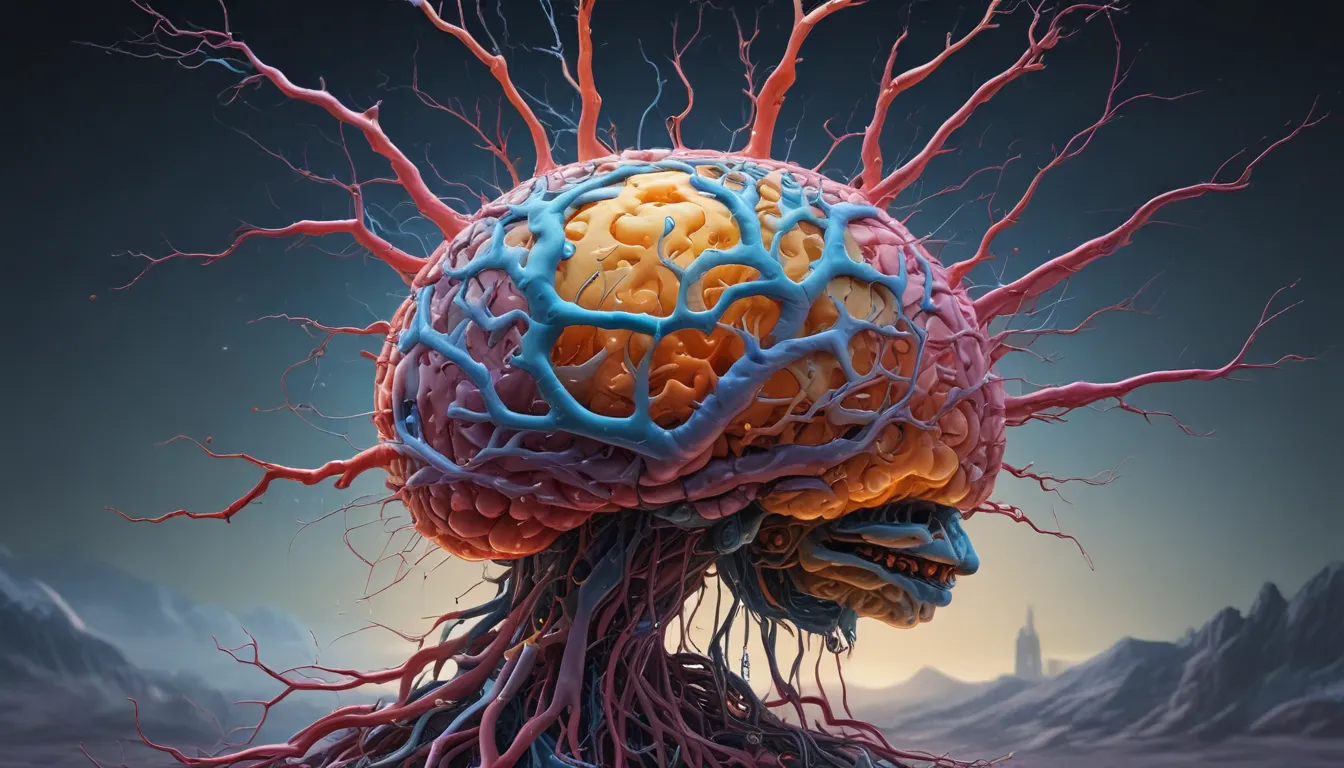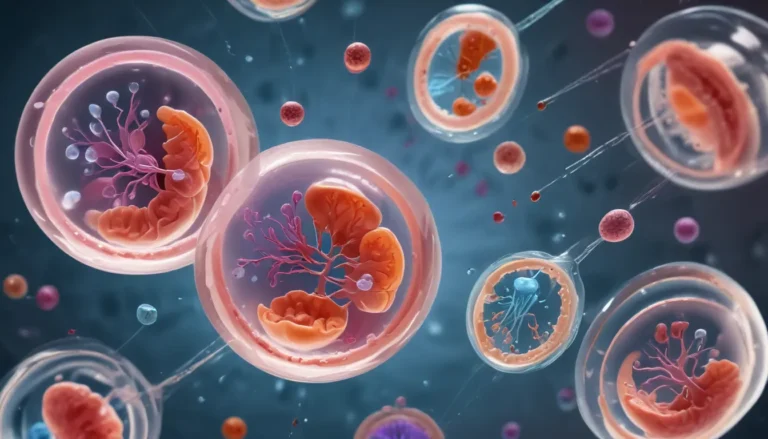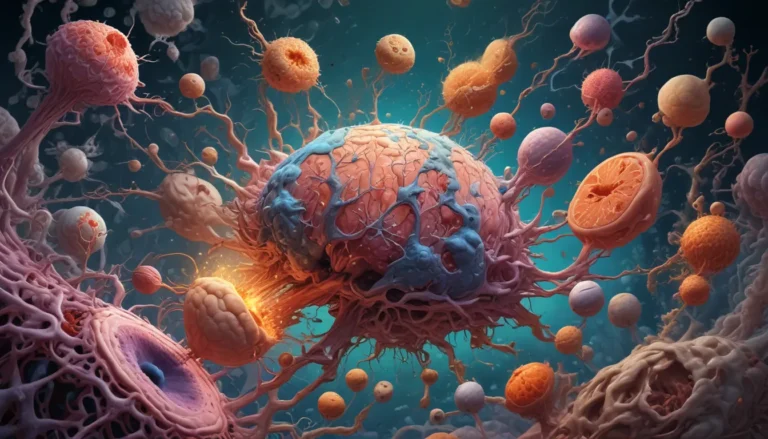A Note About Images: The images used in our articles are for illustration purposes only and may not exactly match the content. They are meant to engage readers, but the text should be relied upon for accurate information.
Understanding the intricate world of neurotransmitter function is like peering into the fascinating complexities of the human brain. These chemical messengers play a crucial role in communicating vital information between nerve cells, impacting everything from our mood and emotions to our ability to concentrate and move. In this article, we will venture into the captivating realm of neurotransmitter function, uncovering some intriguing facts that will deepen your appreciation for the remarkable workings of the human brain.
Unveiling the Secrets of Neurotransmitter Function
Neurotransmitters serve as messengers in our brain, facilitating communication between nerve cells. They have the power to influence our mood, memory, and muscle movement, making it essential to maintain a delicate balance for optimal mental and physical well-being. Various factors such as stress, exercise, and diet can influence neurotransmitter levels, highlighting the importance of understanding their function to develop better treatments for mental health conditions.
The Intricacies of Neurotransmitter Signaling
When neurons communicate with each other, neurotransmitters are released from the presynaptic neuron and bind to receptors on the postsynaptic neuron, allowing for the transmission of signals. Over 100 different neurotransmitters have been identified in the human body, each playing unique roles in our nervous system and overall function.
Unraveling the Role of Key Neurotransmitters
Dopamine: The “Feel-Good” Neurotransmitter
- Dopamine, known as the “feel-good” neurotransmitter, is involved in reward-motivated behavior, pleasure, and reinforcement learning. It also affects movement, memory, and attention.
Serotonin: The Mood Regulator
- Serotonin regulates mood, sleep, and appetite, influencing feelings of happiness and overall well-being.
Acetylcholine: The Muscle and Memory Molecule
- Essential for muscle movement and memory, acetylcholine plays a vital role in neuromuscular function and cognitive processes.
Endorphins: The Natural Painkillers
- Endorphins act as natural painkillers, producing feelings of pleasure and euphoria in response to pain or stress.
Understanding Neurotransmitter Imbalances
Imbalances or dysfunctions in neurotransmitters like serotonin, dopamine, norepinephrine, and GABA have been linked to mental health disorders such as depression, anxiety, and schizophrenia. Additionally, neurotransmitters can be either excitatory, increasing neuron firing, or inhibitory, decreasing neuron activity.
Factors Influencing Neurotransmitter Function
Stress and Neurotransmitter Levels
- Chronic stress can disrupt neurotransmitter balance, potentially leading to mood disorders and cognitive impairments.
Exercise and Neurotransmitters
- Regular physical activity positively impacts neurotransmitter levels, improving mood, cognition, and overall brain health.
Drugs and Neurotransmitter Function
- Substances like alcohol, nicotine, and drugs can interfere with neurotransmitter function, contributing to addictive behaviors and substance abuse disorders.
Gut Microbiome and Neurotransmitter Production
- Imbalances in the gut microbiome can disrupt neurotransmitter production, contributing to mental health disorders.
Enhancing Neurotransmitter Function
Dietary Precursors and Neurotransmitter Synthesis
- Some neurotransmitters can be derived from dietary nutrients, emphasizing the importance of a balanced diet for optimal brain function.
Neurotransmitter Regulation Through Medication and Therapy
- Various medications and therapeutic approaches can help restore neurotransmitter balance and alleviate symptoms of mental health conditions.
Embracing Neurotransmitter Function in Everyday Life
Neurotransmitters are the unsung heroes of our daily lives, influencing everything from our emotional well-being to our physical actions. By gaining a deeper understanding of neurotransmitter function, we can unravel the mysteries of neurological disorders and explore potential treatment options. From the delicate balancing act of excitatory and inhibitory neurotransmitters to the intricate signaling processes, the world of neurotransmitter function is a captivating journey of discovery.
Conclusion: Delving Into the World of Neurotransmitter Function
As research continues to push the boundaries of neuroscience, our understanding of neurotransmitter function grows, offering valuable insights into brain function and mental health treatment. The 16 captivating facts about neurotransmitter function provide a glimpse into the intricate workings of these chemical messengers and their profound impact on our lives. From regulating mood and memory to responding to stress and exercise, neurotransmitters are the silent conductors orchestrating the symphony of our brain’s activities.
Embark on a journey of discovery as you explore the remarkable world of neurotransmitter function and its implications for our well-being. From neurotransmitter FAQs to engaging topics like neuroplasticity and signal transduction, there is always more to learn about the incredible workings of the human brain. Trust in the commitment to quality and authenticity as you delve into the fascinating realm of neurotransmitter function and expand your knowledge of the intricate mechanisms that drive our brain’s functions.






